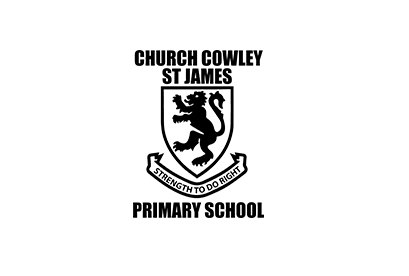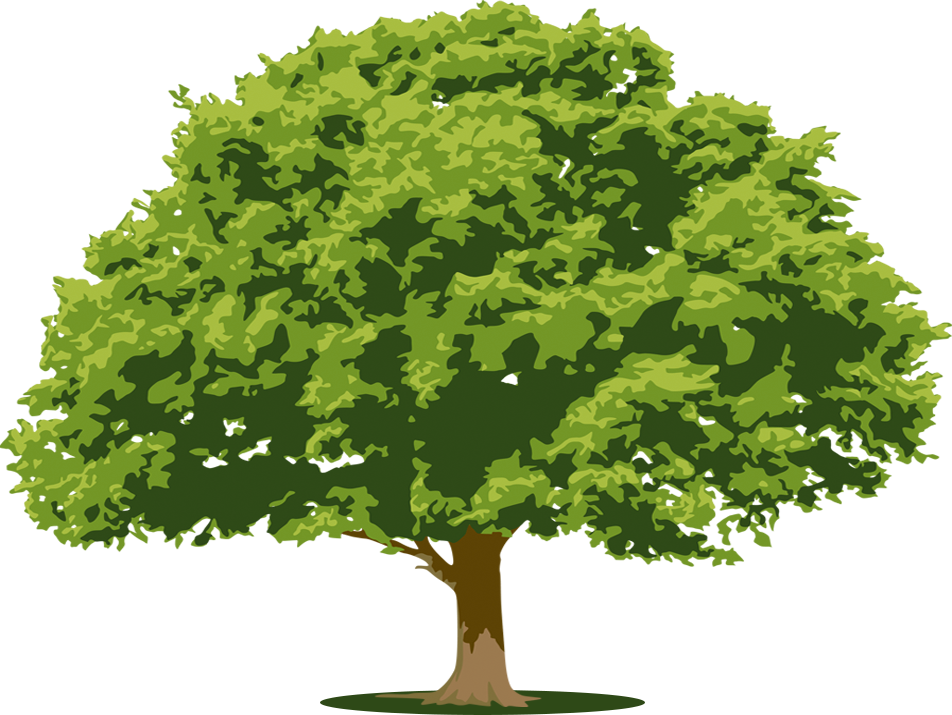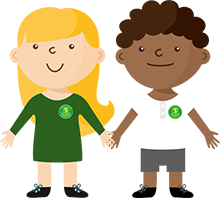Curriculum
/i/video/CCSJ_CURRICULUM.mp4
At Church Cowley St James Primary School, we strive to be an inclusive community where children develop their capacity to be successful learners, confident individuals, responsible citizens and effective contributors to society. Their natural curiosity is fostered through a heuristic investigative curriculum with many opportunities to experience new concepts and develop new skills.
Curriculum Intent
Academic excellence is unashamedly at the core of how we teach at CCSJ. Through a knowledge-rich curriculum, engaging teaching, superb relationships and strong partnerships, we work hard to ensure that CCSJ is the best possible primary school experience for every child. Our exciting, unique curriculum is based on creating children who are:
Successful Learners
Our curriculum is challenging, exciting and experiential, designed to stretch children’s abilities and improve their self-belief. We develop children’s resilience and enthusiasm for learning and help children to become independent learners, ready to leave for secondary school.
Confident Individuals
Our curriculum has diversity, equality and inclusion at its heart, with studies every year on social justice and influential people from diverse backgrounds. Our curriculum is designed to give everyone the opportunity to grow, develop their skills and be successful, no matter their starting point.
Responsible Citizens and Effective Contributors to Society
We aim to show children the importance of being a part of and giving back to their community. Every year, children learn about their local area, the city of Oxford and the college their class is named after. We also look at ways to use the local community in children’s learning by bringing in people to share their experiences, giving children first-hand knowledge and understanding.
Children elect student council members to enable them to make democratic decisions on how to improve their school, community and local area. Children also run a free coffee stall for parents and organise community events.
Knowledge Rich Curriculum
Knowledge helps develop well-rounded, empowered citizens and widens opportunities and life chances. The specifics of what we want children to learn are essential. Skills, vocabulary and conceptual understanding are forms of knowledge. Skills such as critical thinking and problem-solving need to be taught within specific subject contexts. Students are empowered through knowing things and acquiring powerful knowledge. At CCSJ, we want children to develop into well-rounded citizens with a host of strong character traits that will emerge through being immersed in a knowledge-rich curriculum.
We believe that children learn best when:
- Subjects are taught discretely so that both the knowledge and skills of the subject can be explicitly taught
- Schemes of work are planned in advance and fully resourced so that learning can be carefully sequenced and a variety of learning activities included
- The curriculum provides a clear progression model, supporting the layering of new knowledge on secure foundations and enabling children to build secure schemas.
- Units of work are supported by knowledge organisers that detail the facts and vocabulary to be learned.
- Units are planned to incorporate learning from cognitive science: spaced retrieval practice, formative low-stakes testing, and strategies to build fluency.
- Curricular visits are planned to deepen, enrich and build on classroom learning as well as give children opportunities for personal development.
Curriculum Implementation
At CCSJ, we believe the best way to help children develop their skills and understanding is through effective feedback and personalised learning. That is why we have developed High-Quality Responsive Teaching, a model of learning that means all children in the class receive tailored, individualised, high-quality teaching in every lesson, enabling them to make the most progress possible by making sure every child’s need is addressed, and misconceptions are dealt with quickly.
We have invested time and energy in creating our own CCSJ topic curriculum books for all none core subjects that promote a knowledge-based curriculum. We then use our knowledge to solve complex problems, debate, construct arguments or resolve real-life issues and challenges.
We believe that the best learning comes from first-hand experiences, and our curriculum sets out to give our children the best life experiences and opportunities that would not normally exist to them. Examples of this include our trip to the snow dome to get first-hand experience of what it was like for Shackleton trekking to the South pole, the Virtual Reality headsets we use across the school throughout the curriculum, or the dinosaurs (one of which is still on our roof) which came to the school as part of a whole-school learning project.
Using the EYFS Statutory Framework and National Curriculum, age-appropriate progression in knowledge and skills for each core and foundation subject has been identified and mapped out across the primary phases.
Pedagogy
Teacher expertise lies at the core of the delivery of the planned curriculum and teachers are actively encouraged to develop subject specialisms. This enables strong direct instruction in the classroom, with teachers able to deliver content with clarity, confidence and precision. Direct instruction is interspersed with age-appropriate pupil tasks to enable pupils to practise and consolidate their understanding before moving swiftly on to new content.
We believe that children learn best when:
- Teachers have high expectations of all children’s learning and provide an appropriate scaffold to support all children to achieve.
- Lessons begin with a recap of prior learning. This may be through quizzing, a short writing task or a quick classroom discussion.
- New learning is then presented engagingly and creatively in small steps and through carefully planned explanations
- Pupil participation in learning is maximised through a range of strategies: no hands-up, mini whiteboards, effective questioning and lesson delivery that is concise and engaging
- Lessons are shaped according to the needs of the children: sped up or slowed down or levels of support adjusted following in-lesson assessment
- Opportunities to practise new learning are embedded so that new knowledge is
internalised and new skills become fluent and automatic - Practice is guided initially, with levels of support being gradually withdrawn to foster pupil independence
Curriculum Impact
At CCSJ, we strive for all pupils to achieve their absolute potential by having high expectations across the school. We aim for all children to make rapid progress in all areas and be confident learners, performing well at the end of Key Stage 2 assessments and ready for Key Stage 3.
Through our careful curriculum sequencing of knowledge and skills, pupils build on what they already know. This is important because it helps pupils to have a secure understanding of their learning. The school provides an excellent quality of education for its pupils.
Teaching across all subjects is highly effective and strengthened by specialist teachers in dance, music and PE. Pupils have widespread opportunities to engage deeply with the curriculum content including in Year 1, taking part in a march to reduce littering in the area; in Year 4, debating as to whether museums should give back treasures stolen from other countries under British rule several years ago and in Year 6 writing letters to the Government Home Office articulating why they think the decisions made by the British Government around citizenship for those who came to Britain on the Empire Windrush were wrong and should be overturned. Pupils rise to the high expectations the leaders and teachers have set. As a result, all pupils achieve very well, especially those with PPG or SEN.
As part of our High-Quality Responsive Teaching, all students are formatively assessed at least once in every lesson. Accurate feedback is given to each child, and subsequent teaching is adapted to suit their needs best. Feedback and assessment are twofold: to inform the teacher of a child’s attainment and, therefore, to inform future planning; to inform a child of how well they have done and what they need to do next; to motivate a child through celebrating success.
Assessment and Feedback
Principles:
- There is a consistent and manageable method of feedback, assessment and pupil response throughout the school.
- Work is assessed promptly, and feedback is given as close as possible to when the work is completed, including within the lesson. Assessment within the lesson shapes the learning course and informs support levels.
- All adults working with the children are involved in giving feedback.
- Children are given opportunities to respond to feedback and improve their work.
- Feedback and assessment are used to inform future planning and target-setting
- Giving children opportunities to assess their own and each other’s work builds children’s
metacognitive skills.
Work is assessed, and feedback is given in a variety of ways:
- Live feedback within a lesson, either verbal or written
- Small-group and one-to-one conferencing during a lesson
- Self- and peer-assessment
- Whole class feedback
We formally assess children in reading, writing, maths, spelling, punctuation and grammar (SPaG) in detail throughout the year and use this data to inform our teaching. This enables us to gather information on what the children are missing in their learning and determine the best way to provide it.
All classes work with the Special Educational Needs Coordinator (SENCo) to analyse the unique needs of specific children, intending to make the curriculum accessible to and effective for everyone, ensuring all children make good progress and feel successful.
We work with curriculum leaders to innovate on the development of subjects with new ideas based on current research. This enables us to create a forward-thinking curriculum that works best for the children. Subject leaders observe their subjects across the school and work with teachers to improve their pedagogy.
More information
To find out more about our curriculum provision, Peter Mallam is the Assistant Headteacher for Curriculum. You can contact him at pmallam@church-cowley-st-james.oxon.sch.uk


